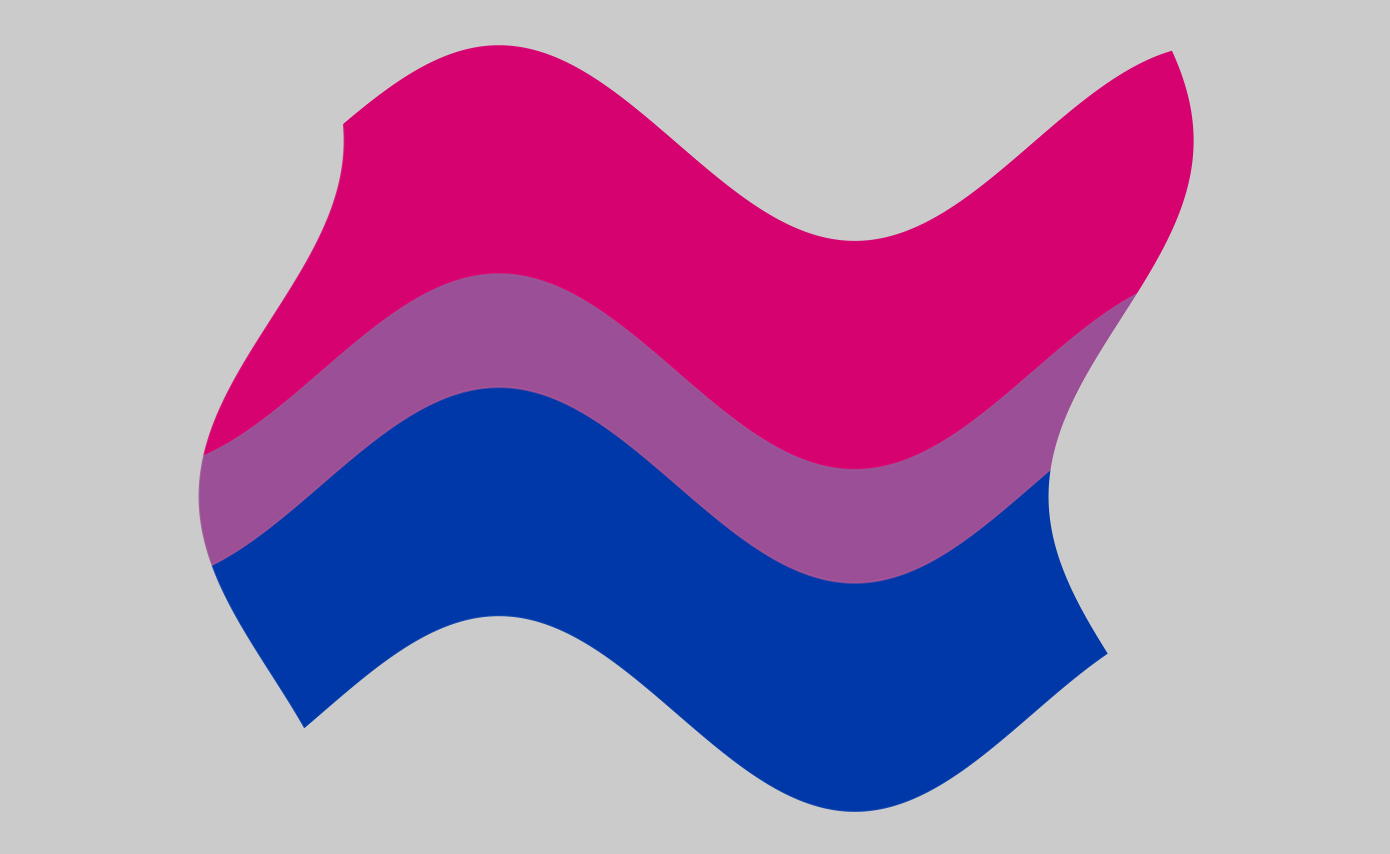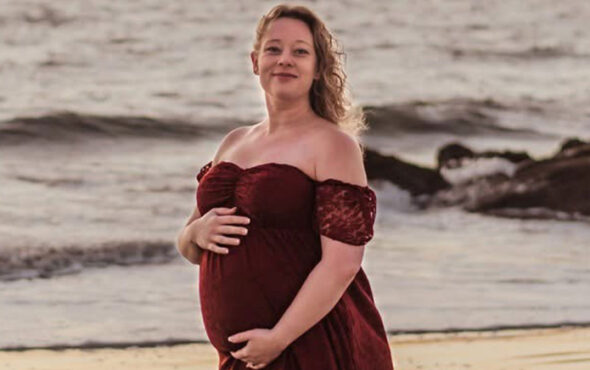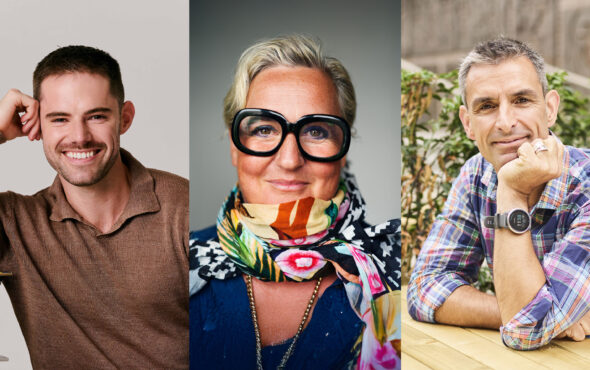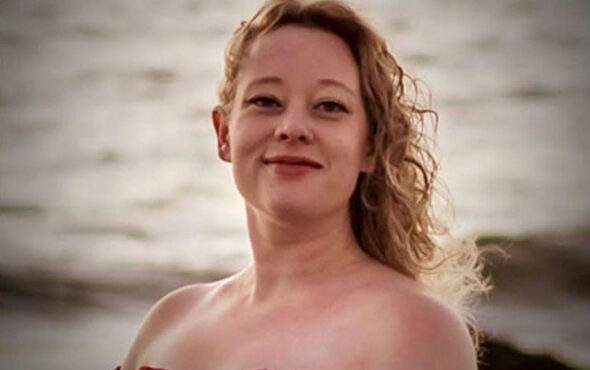
It has been almost 10 years since I first came out as bisexual, but just four years have passed since I fully accepted and embraced my identity.
Sometimes I forget that it took me so long to get to this version of myself, the one that volunteers as a Just Like Us ambassador to share her story in schools to teach about the LGBTQIA+ community; the one that will bring her long-term girlfriend to Christmas with her Catholic relatives. The reason my journey of self-discovery was so long was that for so many years, I couldn’t find a definition of bisexuality I could truly relate to. Instead, I bumped against harmful stereotypes and ridiculous misrepresentations. And while nowadays we are moving in the right direction, there is still a long road to cover.
What is bisexuality? Broadly, it means experiencing emotional and/or sexual attraction towards two or more genders. This definition includes not only cisgender men and women, but also any identity under the transgender umbrella. I believe that its most important point is that it is different for everyone.
For many of us, bisexuality is not a fixed concept. It can be a fluid identity that changes depending on the individual. Some people are attracted to men and women, some to women and non-men, while others, like me, are attracted to all genders with a preference for a specific one. And since it can be a fluid sexuality, these feelings can change throughout a person’s life. The attraction towards a gender can increase, dim, or even disappear. This does not mean that person is not bisexual anymore, if they choose to identify as such. There are no boundaries or rules to how you can live out your sexuality.
It took time for me to reach this understanding, but sadly, my identity is still contested. Bisexuality, like many other sexualities that exist on a spectrum, has been constricted into a box in the shape of stereotypes and misconceptions.
Since I first came out in the mid-2010s, I have heard a frightening amount of these, both in person and online: bisexuality is just a phase, or a means to attract attention; 50% of you must like men and 50% of you must like girls, excluding other gender identities; bisexual people are unreliable in a relationship and prone to cheating.
@gaytimes Here are five heartwarming, funny and moving bi coming out moments from the world of TV 🩷💜💙 #heartstopper #deadendparanormalpark #crazyexgirlfriend #bigmouth #brooklynninenine #nicknelson #normakhan #jaybilzerian #rosadiaz #bisexual #bi #biweek #bivisibility ♬ Relaxing Japanese-style piano song inviting nostalgia – Akiko Akiyama
Because of these misconceptions, we have a history of being ignored as part of the LGBTQIA+ community. The tendency to not acknowledge the existence of bisexuality is known as bi-erasure, and what is baffling is this is coming not only from outside the queer community, but also from within it. According to a study from the queer dating app HER, 40% of bisexual people have felt invisible in LGBTQIA+ spaces before.
The way we are seen and the way we are represented go hand in hand, and bisexuality is no exception. I think the clip from Sex and the City where Carrie and her friends completely berate Sean’s bisexuality is etched into our minds – and I have never even watched that show. That scene shows a clear example of how bisexuality has been largely represented in media: bisexual men end up with men in the end, and so do bisexual women, a depiction rooted in the patriarchal idea that men are the main focus of any relationship. For a long time, we had to accept that if we were not erased, that was how we would be represented.
Even recently, when literary hit Red, White and Royal Blue was promoted on TikTok, users were led to believe that the plot focused on a relationship between two gay men. Imagine my surprise when a great part of the book was dedicated to main character Alex discovering and acting on his bisexuality.
Fortunately, there has been a recent shift in representation and acceptance in the last few years, aided by a more fluid conceptualisation of gender and sexuality. In fact, the number of people coming out as bisexual has increased, comprising the largest group in the community.
In media, we’ve seen the fierce Rosa Diaz from Brooklyn Nine-Nine, and the lovely Nick Nelson from Heartstopper, whose iconic clapback – “I’m bi, actually” – shows that we have the right to take up space. And, my personal favourite: Magnus Bane from The Mortal Instruments. He is not perfect, but he has always been unapologetic about his identity, and fought not to be shamed for who he was, while being a complex and fleshed-out character.
@gaytimes The person who sent you this wants to make you aware of something… 🩷💜💙 #nicknelson #heartstopper #imbiactually #biweek #biawarenessweek #bivisibilityday #bisexualawarenessweek #bisexualtiktok #nicknelsonedit #heartstopperedit ♬ Chill Vibes – Tollan Kim
This progress certainly helped me to accept my identity, but it was not the whole reason I learned to embrace being bisexual. While it can be rewarding to be able to relate to a fictional character or a person on social media, it is not enough. Community is what truly helped me.
People around me, whether they were friends or friends-to-be, shared their identities with me, and in some cases we went through the realisation process together. Each one of them has their own personality and background, and they live their sexuality, bisexual or not, in their own unique way. The fact that they do not conform to specific rules and stereotypes does not stop them from existing and taking their space in the world. Seeing that made me realise I could too.
My position is a privileged one, and not everyone, especially younger people, has the same opportunity to make those connections and build that community. That is why the work we do as volunteer ambassadors for Just Like Us is so important. By speaking in schools, we allow students who might be struggling with their identity to see that there are real people that feel the same way as they do. We can help create an environment where they can finally be themselves.
So, to the next generation of bisexuals, my advice is to be like Magnus: always fabulous and always proud.
Enrica is an ambassador for Just Like Us, the LGBTQIA+ young people’s charity. 18 to 25 and LGBTQIA+? Sign up now to hear about their next training event!


